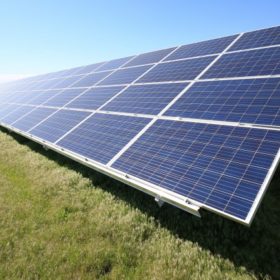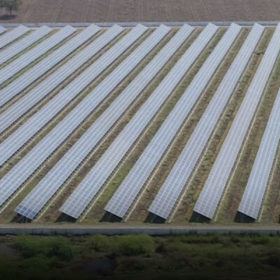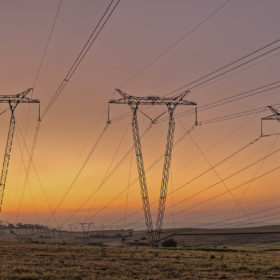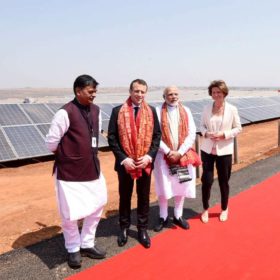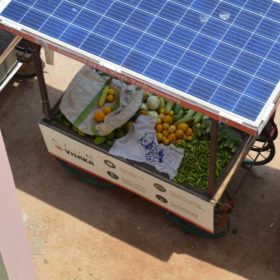NTPC tenders operation and maintenance of 10 MWp solar plant
February 10 is the last date to submit bids for the plant at NTPC-Ramagundam Super Thermal Power Station in Karim Nagar district of Telangana. Bids will open on February 11.
Li-ion Gigafactories: Niti Aayog seeks cabinet nod for Rs 7 billion annual subsidy proposal
Already approved by the finance ministry, the proposal aims to woo investors into setting up manufacturing units in India and lower battery costs with indigenization of technology. An aggregate manufacturing capacity of 50 GWh is planned to be set up over a period of 10 years, which would require investments worth Rs 355 billion.
Haryana tenders 25 MW farmland solar under PM KUSUM
Applications are invited for setting up cumulative grid-connected capacity of 10 MW for Uttar Haryana Bijli Vitran Nigam and 15 MW for Dakshin Haryana Bijli Vitran Nigam. The solar power generated will be purchased by Discoms at a pre-fixed levelized tariff of Rs 3.11/KWh.
New materials to convert waste heat into electricity
Materials that can recover energy wasted in the form of heat and convert that into electricity can pave the way for devices that can be coupled with new renewable technologies such as solar-thermoelectric and Lithium batteries.
BHEL tenders power conditioning units for 47 MW floating solar projects
Bidders are required to supply and commission 1500V, 2.5 MW outdoor/containerised power conditioning units for two floating solar projects at NTPC. In all, 19 units are to be supplied—10 for 25MW (AC) NTPC Simhadri and 9 for 22MW (AC) for NTPC Kayamkulam. Bidding closes on February 4.
European investor EQT and Singapore’s Temasek launch renewable energy JV in India
Led by Indian developer Renew Power’s former CEO Parag Sharma, the joint venture by these global investors aims to install over 4 GW of utility-scale capacity across solar and wind projects.
KPI bags EPC order for 2.25 MW captive solar projects
The Gujarat-based power generator, which aspires to cross 100 MW capacity milestone in 2019-20, has touched 40.75 MW as an independent power producer and close to 4 MW as captive power producer.
GE T&D India wins a Jammu & Kashmir project to help deliver 24/7 power
Under the order worth around Rs 1730 crore, the power transmission and distribution player’s latest supervisory control and data acquisition and advanced distribution management solution technology will help deliver 24×7 reliable power to the people of the twin cities of Jammu and Kashmir.
Engie sells controlling stake in 813 MW Indian solar portfolio
Mumbai investor Edelweiss Group will gain a controlling stake in the generation assets in a deal which Engie says will allow it to reduce its debt by Rs3,160 crore.
Visaka’s solar roof receives IEC CB 2016 and UL 61730 certification
Compliance to revised IEC standards allows the ATUM roof with integrated solar panels to chart markets in over 50 countries.


